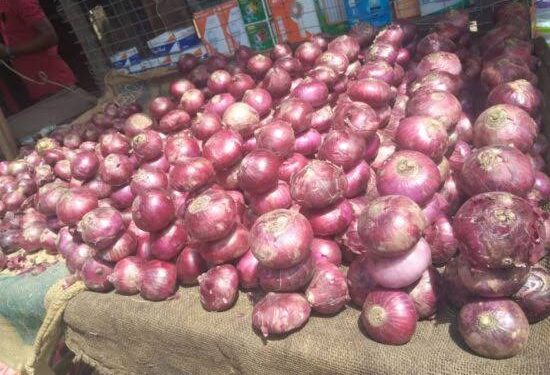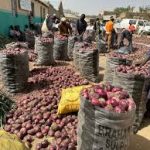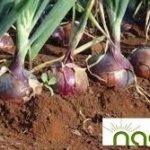A fresh wave of onion imports from neighbouring Niger Republic is expected to ease the strain on Nigerian households and traders, as prices of the staple crop begin to fall after months of sharp increases.
Onions, a core ingredient in most Nigerian meals, have been in short supply since March 2025, triggering a surge in prices across the country. In Lagos and other regions, prices soared by over 40 percent—raising the cost of a big bag from N18,000 to N26,000, while a small bag climbed from N13,000 to N19,000.
The steep hike was attributed to multiple factors, including seasonal scarcity, insecurity in farming communities, rising input costs, and inadequate storage practices. The decision by local producers to suspend supply to the southern region further worsened the situation, causing weeks of price instability and distress for consumers and vendors.
However, the arrival of truckloads of onions from Maradi and Zinder—two major onion-producing regions in Niger Republic—is now offering hope. These onions are making their way through Nigerian border towns such as Illela, Jibiya, and Mai’adua, before being distributed to major urban markets like Mile 12 in Lagos, Onitsha, and Port Harcourt.
Reports suggest that the imported onions are better preserved and more visually appealing, thanks to improved drying and storage methods used by farmers across the border. Unlike their local counterparts, which often spoil due to poor post-harvest handling, the imported onions are known to have a longer shelf life.
Market observers have confirmed that prices are already beginning to decline with the new supply. Traders note that such seasonal price hikes tend to occur annually, especially when local output cannot meet national demand.
While many in the onion trade welcome the inflow from Niger Republic as a temporary relief, some argue it exposes deeper weaknesses in Nigeria’s agricultural value chain. They stress the need for investments in proper storage facilities and drying techniques to reduce dependence on foreign supply.
Despite minor border challenges and concerns about security, this year’s cross-border onion trade has been largely smooth, aided by favourable weather and cooperation between communities on both sides.
For now, the increased supply is expected to stabilise markets, ease pressure on household budgets, and keep kitchens running across the country.










